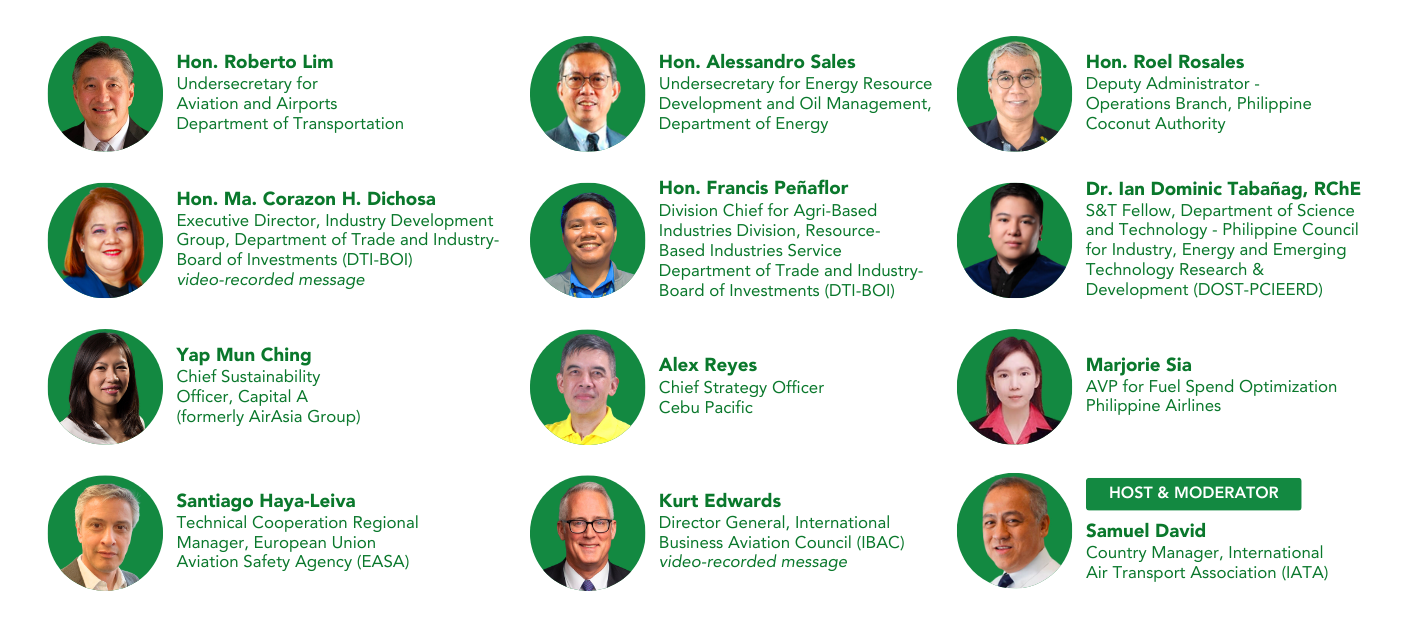
As the world confronts the pressing challenge of climate change, the environmental impact of the aviation sector cannot be overstated. In 2022, aviation accounted for 2% of global energy-related carbon emissions, having grown faster in recent decades than rail, road, or shipping. For this reason, the global aviation sector, regrouped as ATAG (airlines, aircraft manufacturers, airports, and air navigation services), has taken a unified commitment to reach net-zero carbon emissions for air transport by 2050. This pledge aligns with the objectives of the Paris Agreement to limit global warming to 1.5°C.
The Philippines, with its archipelagic terrain and reliance on air transportation for connectivity, faces an especially urgent need to manage aviation emissions. As a member state of the International Civil Aviation Organization (ICAO), it is imperative for the country to adopt innovative and sustainable solutions in line with the Carbon Offsetting and Reduction Scheme for International Aviation (CORSIA).
Sustainable aviation fuel (SAF) is a promising option for reducing aviation's carbon footprint while promoting economic growth and energy security. In 2023, the Department of Trade and Industry (DTI) expressed the government's plan to develop a SAF industry in the Philippines by tapping its biomass resources. Likewise, in pursuit of adopting alternative fuels in the aviation sector, the Department of Energy (DOE) affirmed its commitment to boost SAF adoption.
Against this backdrop, the ECCP organizes the Sustainable Aviation Fuel: Powering #OnePHAviation aimed at providing a platform for key stakeholders to discuss the opportunities, challenges, and strategies for advancing sustainable aviation fuel in the Philippines. This event will likewise feature engaging discussions and knowledge-sharing among industry players to foster strengthened public-private collaboration in building sustainable Philippine aviation.
